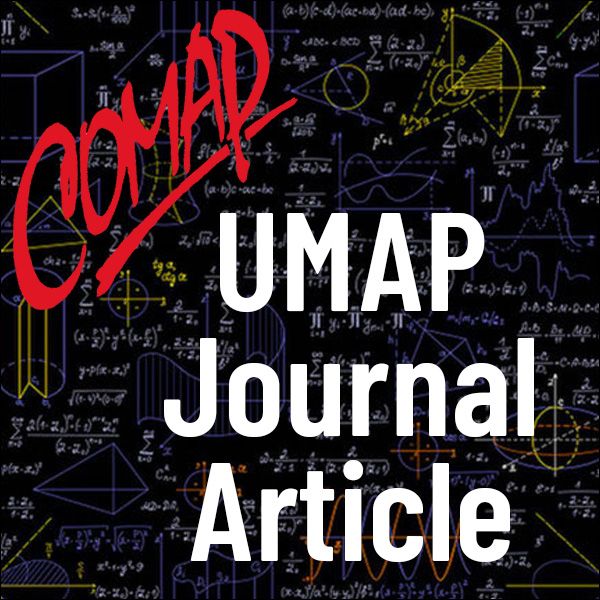The Principal Axis Theorem
Author: John A. Goulet
This article seeks to trace the historical development of the Principal Axis Theorem. It begins with the work of Rene Descartes and Pierre Fermat (ca. 1640), and is not completely, rigorously established until Karl Weierstrass (ca. 1858). Also, although it is to us primarily a result in matrix theory, most of the foundations for it had been laid by Augustin Cauchy and Joseph Louis Lagrange (ca. 1829 and 1788, respectively), well before Arthur Cayley's oftcited paper on the foundations of matrix algebra appeared (1858). Finally, problems arising from repeated roots plague its rigorous development until the work of Weierstrass, known as a stringent analyst, removes them. At the same time, Weierstrass introduces the canonical form of a matrix possible when diagonalizationn is not possible, what today is known to us as the Jordan Canonical Form of a matrix.

Mathematics Topics:
Application Areas:
You must have a Full Membership to download this resource.
If you're already a member, login here.